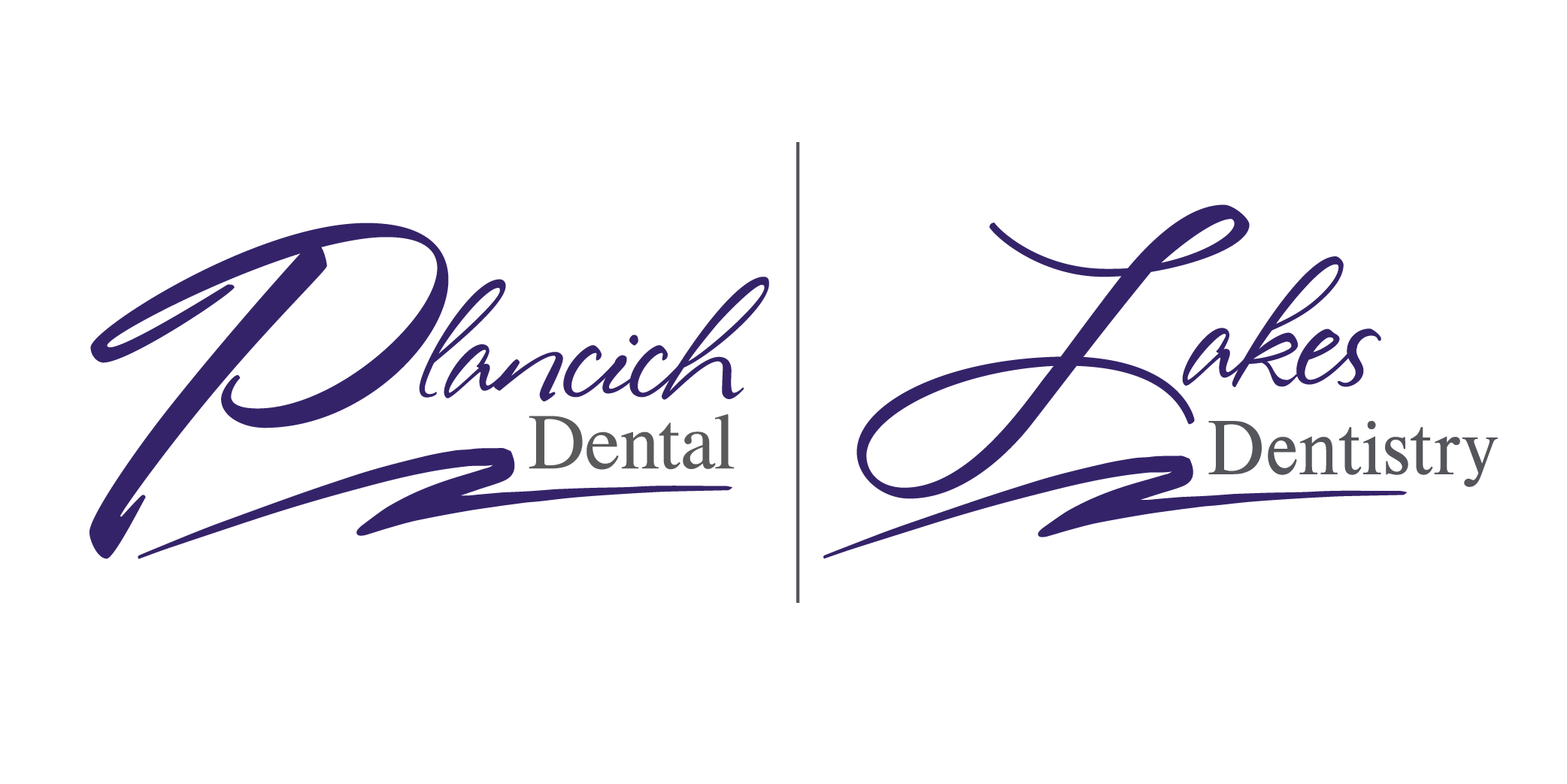5 Common Causes and Dental Care Tips
Yes, bottom or lower teeth pain is common. But it’s not normal. If you’re experiencing discomfort or pain in your bottom teeth it can be a bothersome and alarming issue, affecting your daily life and even your overall oral health.
In this blog post, we will explore the common causes of bottom teeth pain and provide valuable insights into dental care to alleviate your discomfort.
Let’s get to the bottom of this.
Why are your bottom teeth bothering you?
The truth is there could be many reasons ranging from tooth decay, teeth grinding, or gum disease, but understanding the reasons behind your tooth pain is crucial for finding the right solutions. Let’s dive into five dental problems that may be giving your lower teeth some trouble.
1.Tooth Decay and Cracked Teeth
Tooth decay, commonly known as cavities, is one of the leading causes of tooth pain. How does this happen? When bacteria in your mouth makes acids that erode your tooth enamel, it can lead to cavities.
Similarly, if you have a cracked tooth it can expose the sensitive inner layers, causing pain and sensitivity. Maintaining good oral hygiene, such as brushing with fluoride toothpaste and flossing, can help prevent tooth decay and reduce the chances of developing cracked teeth.
2. Teeth Grinding (Bruxism)
Can stress make your bottom teeth hurt? This question comes up a lot and the answer is — maybe. Stress certainly can lead to teeth grinding, or bruxism, which is a habit that can put excessive pressure on your teeth, leading to pain and discomfort.
This often occurs during sleep and is most commonly linked to stress, misaligned teeth, or sleep disorders.
If you think you may be grinding your teeth while you sleep, we can examine your teeth and fit you with a custom-made mouthguard.
3. Gum Disease and Gum Recession
Gum disease, also known as periodontal disease, is an infection in your gums. In the early stages, it can cause gums to become swollen, tender, and bleed easily. If left untreated, gum disease can progress to gum recession, exposing the tooth roots and causing sensitivity and pain to your lower teeth.
How can you prevent gum disease? Take care of your teeth and gums by brushing, flossing, and getting professional dental cleanings.
4. Dental Procedures and Root Canals
Certain dental procedures, such as fillings or root canals, may cause temporary tooth sensitivity or discomfort. This is usually a normal part of the healing process and should resolve within a few days. However, if the pain persists or worsens, it’s important to consult your dentist for further evaluation.
5. Tooth Sensitivity
Tooth sensitivity can make you experience intense sensations akin to nails scratching a chalkboard or sharp, stabbing pain. It’s different for everyone, but tooth discomfort when eating cold, hot, sour, or sweet food or drink is a telltale sign something is not right.
Tooth sensitivity happens when the protective enamel on your teeth wears down, exposing the underlying dentin. Acidic foods, cold temperatures, or aggressive teeth brushing can cause enamel erosion and thus heightened sensitivity.
Using desensitizing toothpaste and practicing gentle brushing techniques can help manage tooth sensitivity and reduce discomfort.
Other reasons you may be having lower tooth sensitivity
Your bottom teeth might be feeling off or weird if you’ve experienced any of the following:
- Recent teeth whitening: This dental treatment can make your teeth feel more sensitive in the following days, but it’s normal and should eventually go away.
- Abscessed tooth: An abscess is a bacterial infection that’s taken place in the root of your tooth. It can be terribly painful once it’s produced a big enough pocket for pus and can feel like a sharp, throbbing pain. If you think you may have an abscess in or around your tooth we recommend seeing a dentist as soon as you can.
- Other health issues: There can be an underlying health issue that contributes to the discomfort in your bottom teeth. Various factors like viral infections, sinus infections, cluster headaches, nerve disorders, diabetes, alcohol or drug abuse, and even heart pain can manifest as tooth or jaw pain.
If you’re experiencing intense and persistent pain in your bottom teeth, or if it’s accompanied by additional symptoms, it’s crucial to seek immediate evaluation by visiting the nearest emergency room.
Here are some tips to help prevent toothaches in your bottom teeth
- Brush your teeth twice a day and floss once a day
- Visit your dentist for regular checkups and cleanings
- Avoid eating sugary foods and drinks
- Don’t clench or grind your teeth
- Stay away from cigarettes
When should you get help?
If you’re experiencing pain in your bottom teeth, don’t hesitate to see a dentist. The sooner you get the problem treated, the sooner you’ll be pain-free.
Remember, your dental health impacts your overall well-being, so take the necessary steps to keep your teeth and gums healthy.
Take charge of your oral health and schedule an appointment at Plancich Dental or Lakes Dentistry today!
